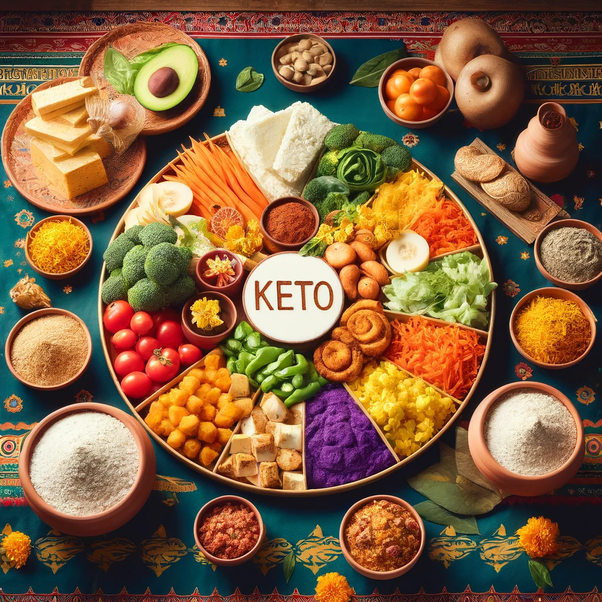
Maybe you’ve heard the term “keto diet” a lot from health freaks, some of your friends, or in the media. A keto diet is basically a diet high in fat and low in protein and carbohydrates. This takes an interesting turn in the Indian scenario. Around 20–30% of Indians are vegetarians. A keto diet involves consuming a lot of fats and healthy proteins, which are mostly obtained from non-vegetarian food sources. Low-carb, high-fat meat, fish, and poultry are staples for keto dieters, but these are a complete no-no for vegans. Although high-protein legumes and meat substitutes seem to be a good enough alternative, their carb content makes them verboten for keto adherents. So, is it even possible to have a ketogenic diet for vegans?
The answer is Yes. It is absolutely possible to have a keto diet for vegans. Here we shall explore all that you need to know about the keto diet for vegans, vegan keto diet meal plans, and everything related to it.
What is the Keto Diet?
The Ketogenic Diet is a diet wherein fats constitute 60-75% of the diet, protein constitutes 20-30%, and carbohydrates constitute the remaining 5-10%. Carbohydrates are our body’s primary source of energy. However, consuming a keto diet forces the body to burn fat instead of carbs to fulfill its energy requirements.
Normally, the carbohydrates contained in food are converted into glucose in the stomach. Glucose serves as a primary energy source for our body. However, if there is little carbohydrate in the diet, the liver converts fat into fatty acids and ketones. The ketones pass into the brain and replace glucose as an energy source.
Believe it or not, the keto diet was designed to help people who suffer from seizure disorders because both ketones and another chemical produced by the diet, called decanoic acid, help minimize seizures. It was only recently that the ketogenic diet has been in trend as a weight-loss diet. This is primarily because the keto diet nearly eliminates all carbohydrates and sugars—two major ingredients that contribute to weight gain.
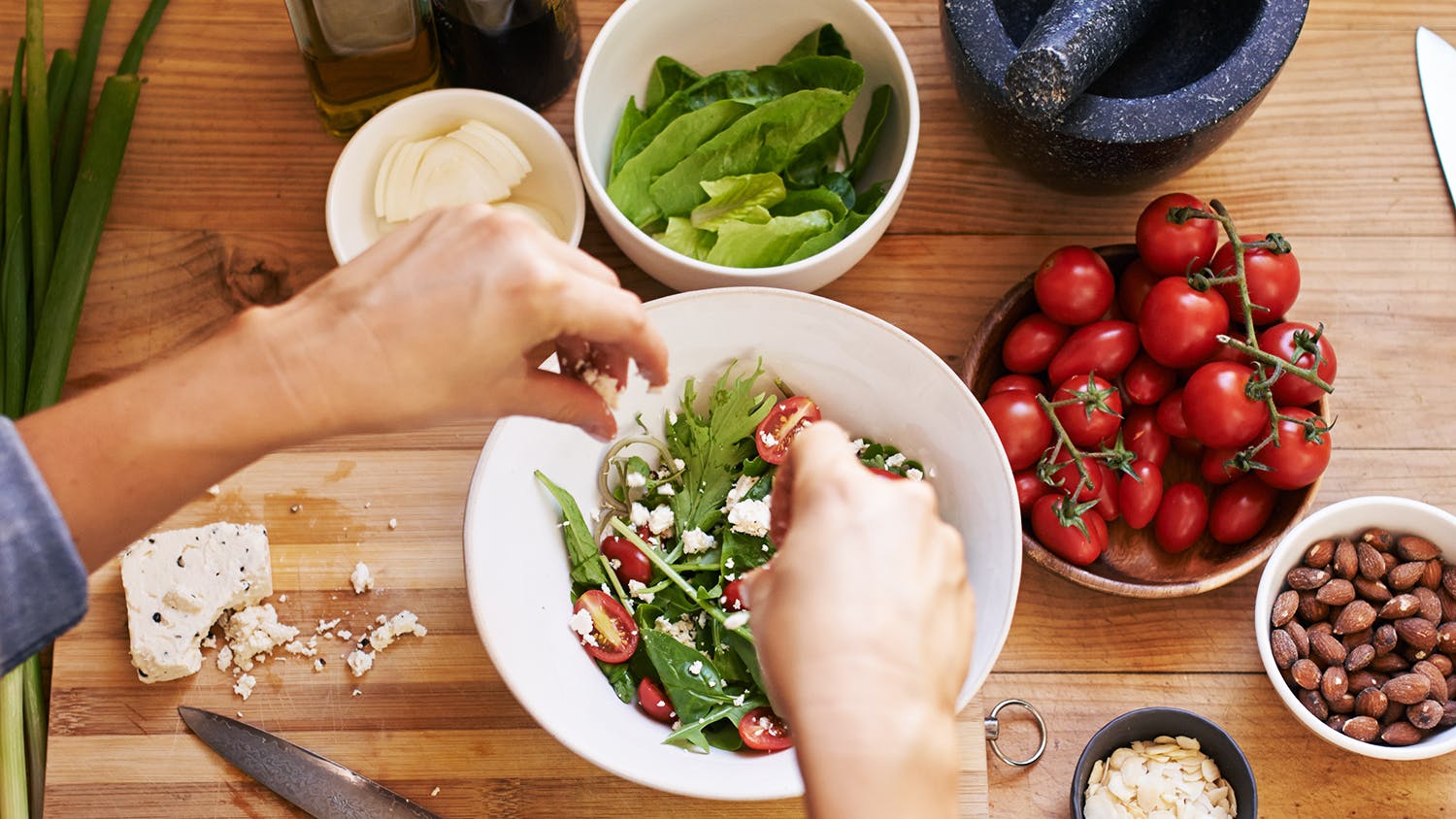
Problems Associated with a Ketogenic Diet for Vegans
Low Fats
The keto diet is based on 60–75% of fats, and since fats are generally derived from animal sources, it has become a challenge for people who want to follow a ketogenic vegan diet.
The goal of a keto diet is to burn fat instead of carbohydrates as an energy source. This makes following the keto diet tough for vegetarians and vegans, as they will have to eat a larger volume of food to get the same amount of fat that they get from non-vegetarian sources. This is because non-vegetarian sources have a higher amount of fat packed in a smaller volume when compared to vegetarian food sources.
Low Protein
Meat is the main source of protein. In a keto diet, protein consists of 20–30%. The elimination of meat from the diet makes it hard for vegetarians and vegans to get sufficient protein from their food sources. This is because vegetarian foods generally have fewer proteins when compared to the same amount of non-vegetarian or animal food sources.

Vegans also avoid dairy, eggs, and other foods that contain even trace amounts of animal ingredients. Most vegans do not even eat gelatin (made from bones), casein (a milk protein), or fish oil supplements, which makes it even harder for them to get sufficient proteins.
Energy Source
The Indian diet consists of large amounts of carbohydrates in two major forms: rice and wheat. These are the major sources of carbohydrates, especially for Indians. The objective of a keto diet is to reduce the intake and restrict the number of carbohydrates to 5–10%. This makes the keto diet for vegans a tough one to follow, as our bodies are used to processing carbohydrates instead of a large number of fats and proteins. This leads to a phenomenon called keto flu, which is brought on by the body switching over its fuel source. The symptoms can include fatigue, nausea, and cramping.

Fullness
As mentioned earlier, food derived from vegetarian sources has a lesser amount of fats and proteins as compared to non-vegetarian sources for the same volume of food. This means that in order to feed your body the same amount of fats and proteins, you will have to eat more, which makes you full easily.
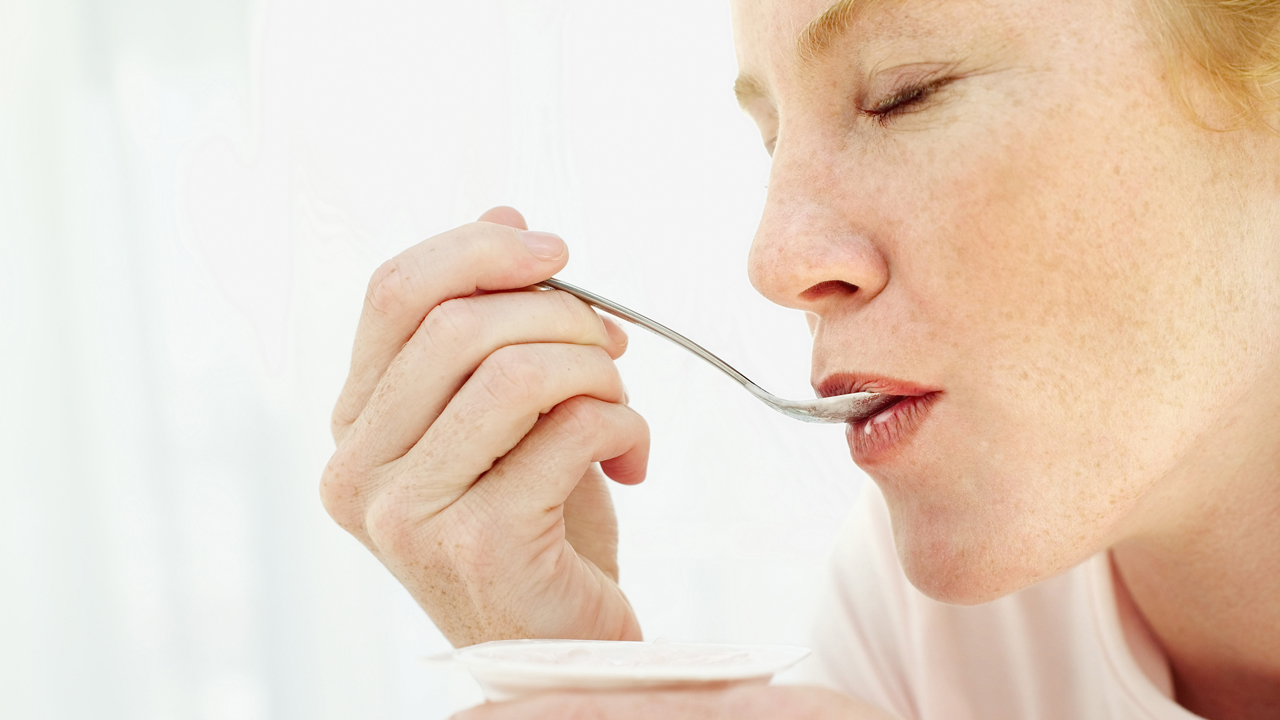
Starchy Vegetables
Vegetables such as potatoes contain large amounts of starch, which can affect your carbohydrate intake. This is why you have to be careful not to consume excessively starchy vegetables.
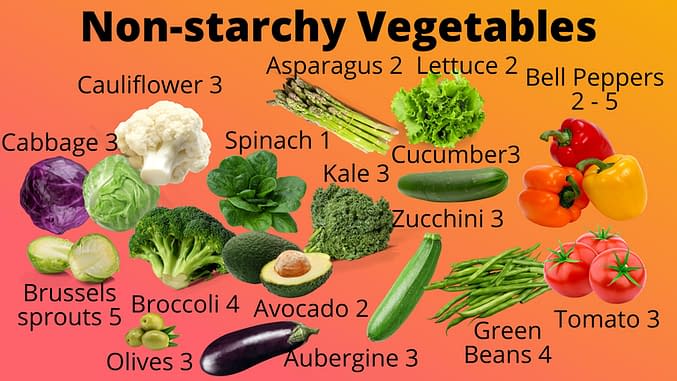
How to Overcome These Challenges when Following a Keto Diet for Vegans?
Include lots Of Soy, Walnuts, and Flaxseed in the Diet
Your body needs essential fatty acids (EFAs) to function properly and protect vital organs such as your brain and heart. Unfortunately for vegetarians and vegans, one of the most important fatty acids that you need is eicosapentaenoic acid (EPA), which is mainly found in fish and eggs.
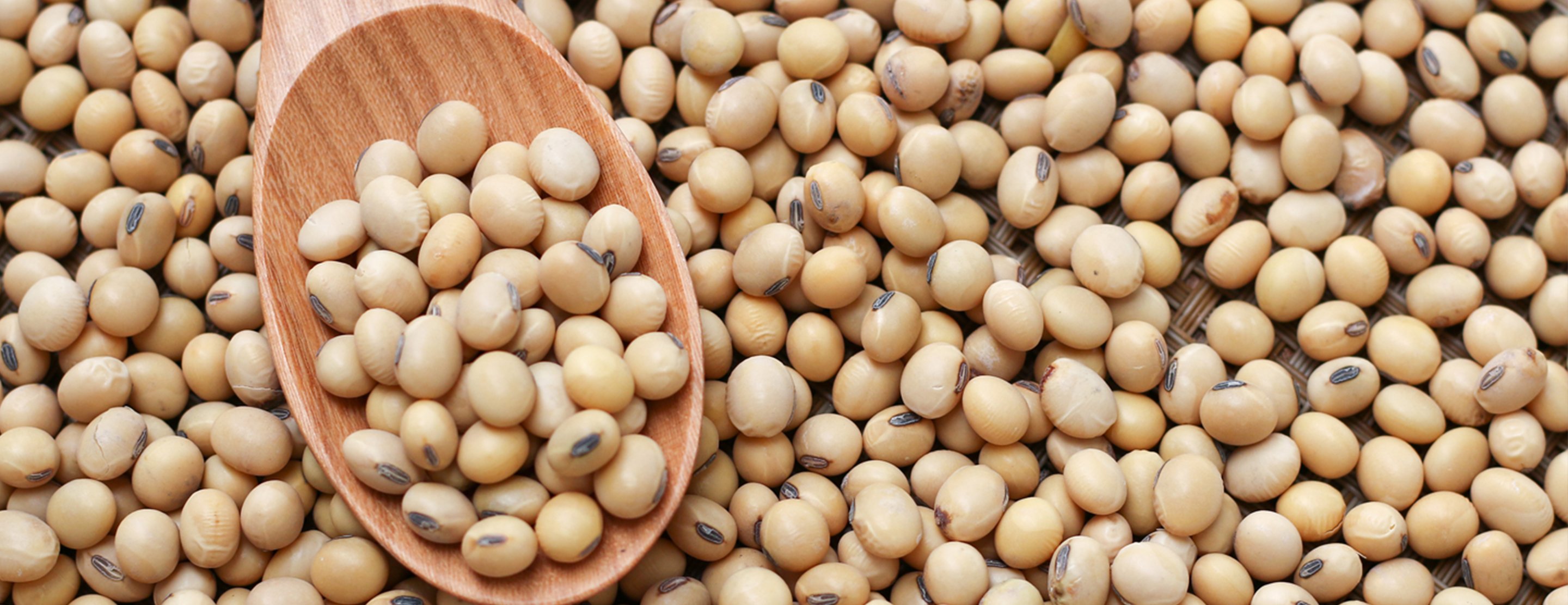
However, alpha-linolenic acid, or ALA (another fatty acid) found in walnuts, soy, and flaxseeds, helps your body convert docosahexaenoic acid (DHA) into EPA. Therefore, walnuts, soy, and flaxseeds are a must in your diet.
Choose Calcium, Vitamin D, and Protein-Rich Sources
Meat and dairy are avoided by vegans and some vegetarians, which leads to a low intake of calcium, vitamin D, and key amino acids that are essential for the body. Try to incorporate plenty of vegetables and soy products when on a vegan keto diet meal plan to get enough nutrients essential for maintaining healthy bones and lean tissues.
/soy-health-benefits-4684434-primary-recirc-8da90db3b12c4e8f8570252d5c2b2743.jpg)
Sources of calcium and protein are celery, chia seeds, beans, lentils, almonds, and spinach. For vitamin D, sunlight is the best source, so be sure you get enough sunlight to maintain your vitamin D levels.
Increase Iron and Zinc Bioavailability
Vegetarian and vegan diets usually decrease iron and zinc absorption, mainly because of the antioxidant compounds called phytates. Phytates inhibit iron and zinc absorption in the body and are primarily present in nuts, beans, and legumes. A simple solution to improve the bioavailability of zinc and iron is to include vitamin C in your diet, as it reduces the inhibitory action of phytates.

What are the Options Available for a Ketogenic Diet for Vegans?
The good news is that a vegan or vegetarian can follow a keto diet. The key to a vegan keto diet meal plan is to include plenty and a variety of plant-based fats, proteins, and as few carbohydrates as possible. There are various vegetarian substitutes for fat and protein. The following list contains some must-have foods for a keto diet for vegans:
Fats and Oils
- Whole olive (black, green)
- Sesame oil
- Nuts and seeds like macadamia, soynut, peanut, almond, cashew
- Macadamia nut oil
- Vegan Butter
- Flaxseed oil
- Olive oil (extra-virgin)
- Coconut oil
- Coconut milk
- Avocados
- Avocado oil

Vegetables
- Spinach
- Mint (pudina)
- Coriander
- Mustard leaves (sarson saag)
- Bathua saag
- Tomato (in moderation)
- Carrots (in moderation)
- Radish (in moderation)
- Ginger
- Garlic
- Pumpkin (in moderation)
- Bottle gourd
- Okra (bhindi)
- Eggplant (bengan)
- Water chestnuts
- Tomatoes
- Sprouts
- Radishes
- Peppers
- Onions
- Mushrooms
- Lettuce
- Leafy greens
- Eggplant
- Cucumber
- Cauliflower

Low-Carb Fruits (1-2 Servings Daily)
- Watermelon
- Plums
- Kiwi
- Grapefruit
- Berries
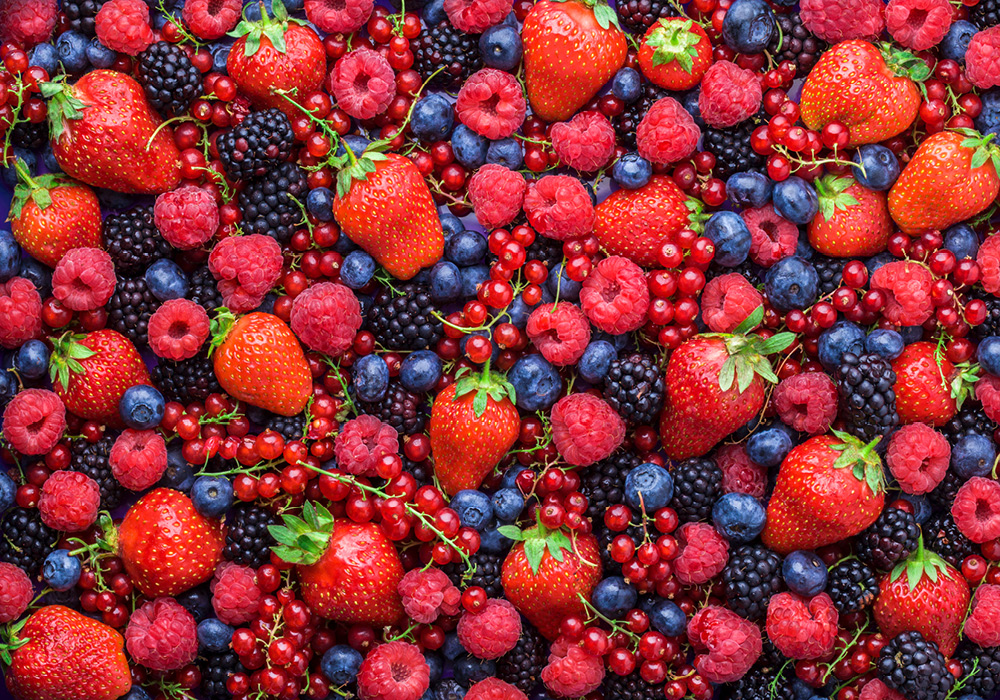
Drinks
- Unsweetened tea (herbal, green, black, rooibos, etc.)
- Sparkling water
- Mineral water
- Lemon juice and lime juice
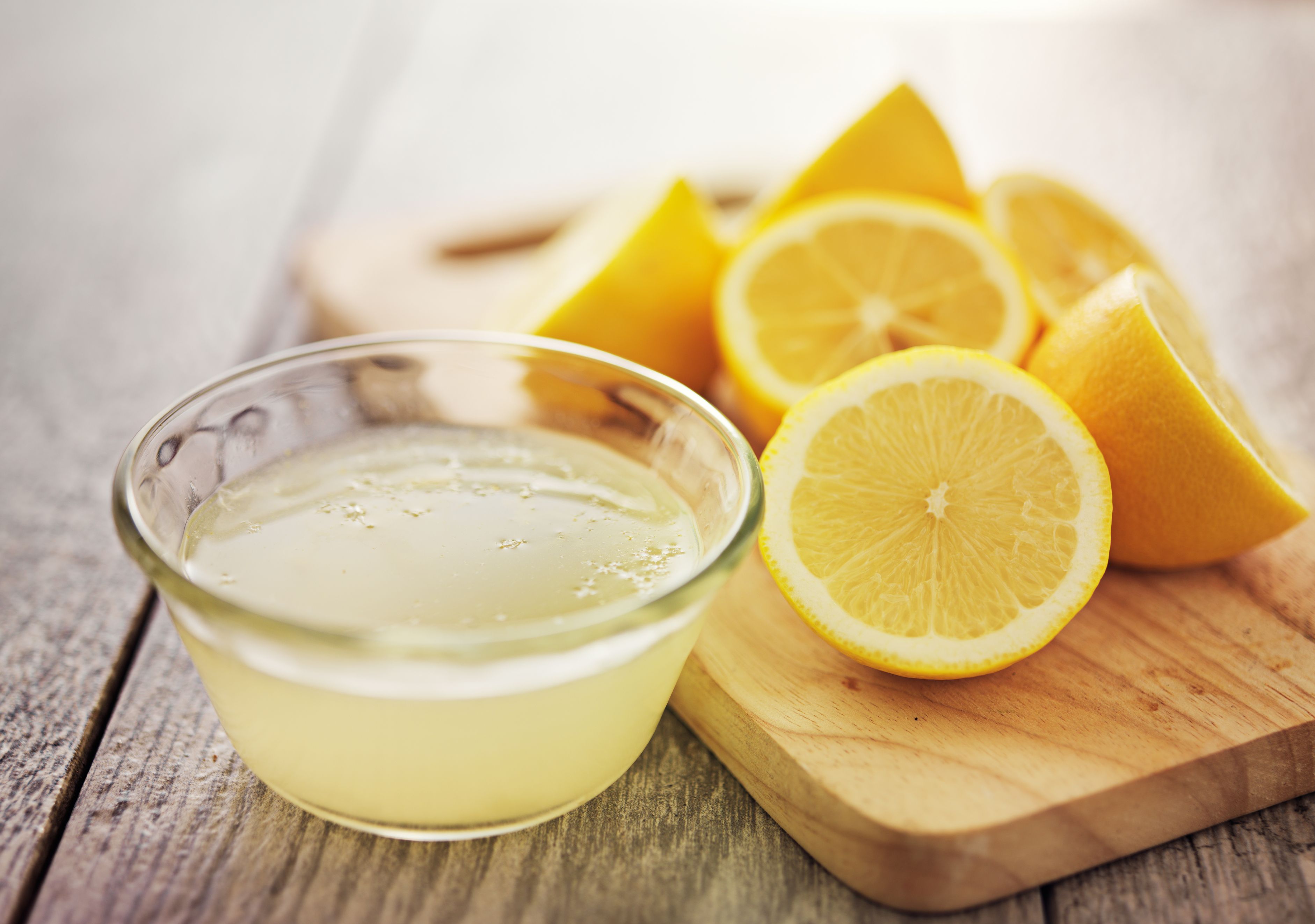
What are the Foods to Avoid when following a Keto Diet for Vegans?
Here we talk about some foods that you should avoid when following a keto diet for vegans:
- Meat, fish, poultry, dairy, eggs.
- Gelatin
- Sugar (refined, cane, honey, corn syrup.)
- Grains (wheat, pasta, rice)Legumes (beans)
- Starchy vegetables (yams, potatoes)
- High-carb nuts (chestnuts, cashews, pistachios)
- Partially-hydrogenated oils (trans fats)

So, you can follow a keto diet even if you’re a vegan or a vegetarian. The key is to remember the basics: eat more fats and proteins and avoid carbs as much as possible when following a vegan keto diet meal plan. Choose the right kinds of foods that offer you the right nutrition.
Disclaimer: The information and other content provided in this blog, or in any linked materials, are not intended and should not be construed as medical advice, nor is the information a substitute for professional medical expertise or treatment. If you or any other person has a medical concern, you should consult with your healthcare provider.
Reference
- https://www.eatingwell.com/article/291617/what-can-you-eat-on-a-vegetarian-keto-diet/
- https://www.eatfitgetfit.com/10-essential-foods-for-the-indian-lchf-diet/
- https://blog.oziva.in/vegetarian-indian-ketogenic-diet-plan-for-weight-loss/
- https://www.eatingwell.com/article/291520/1400-calorie-high-protein-low-carb-meal-plan/


.png)


